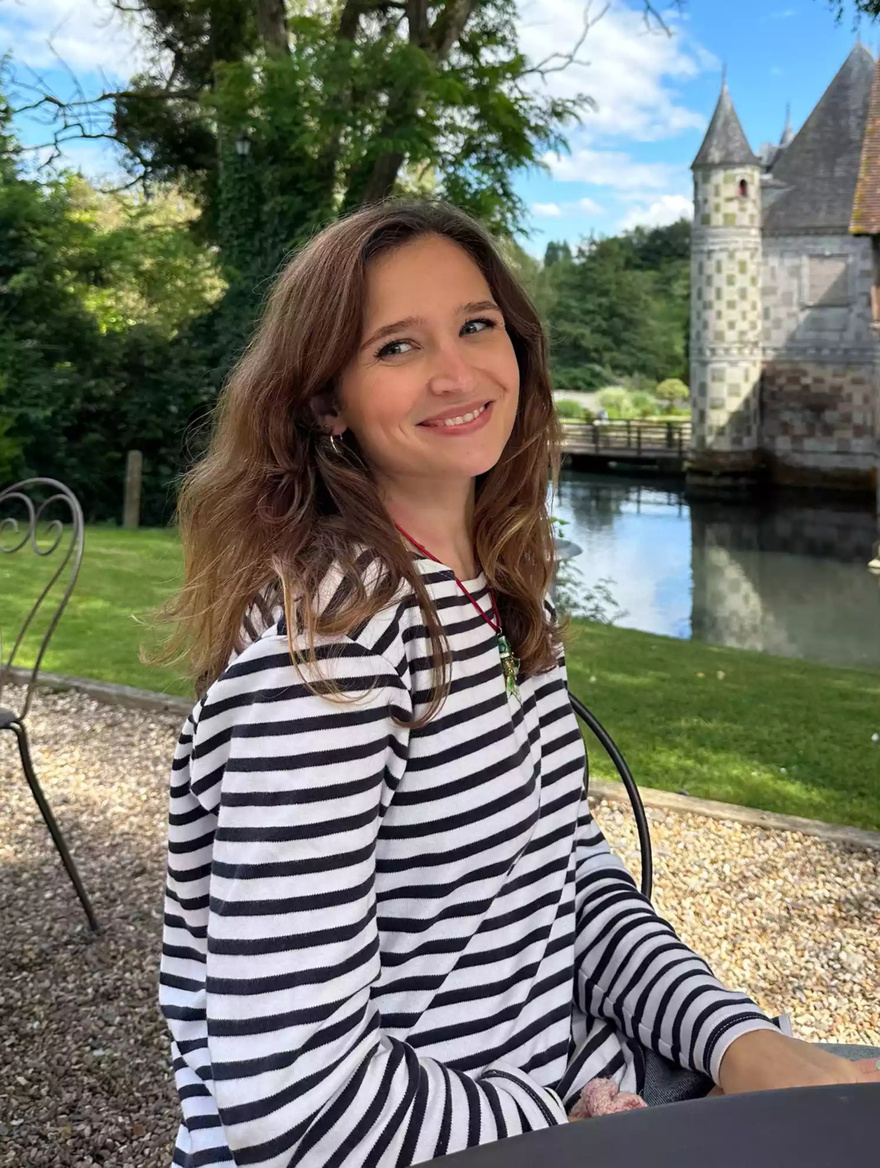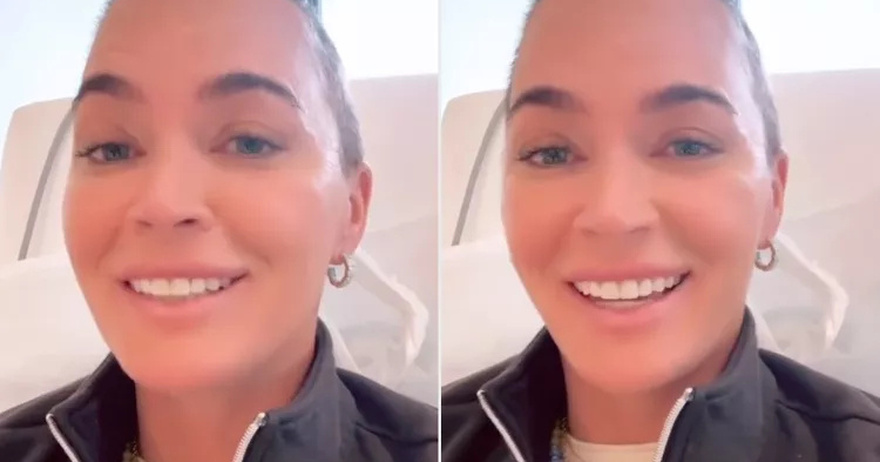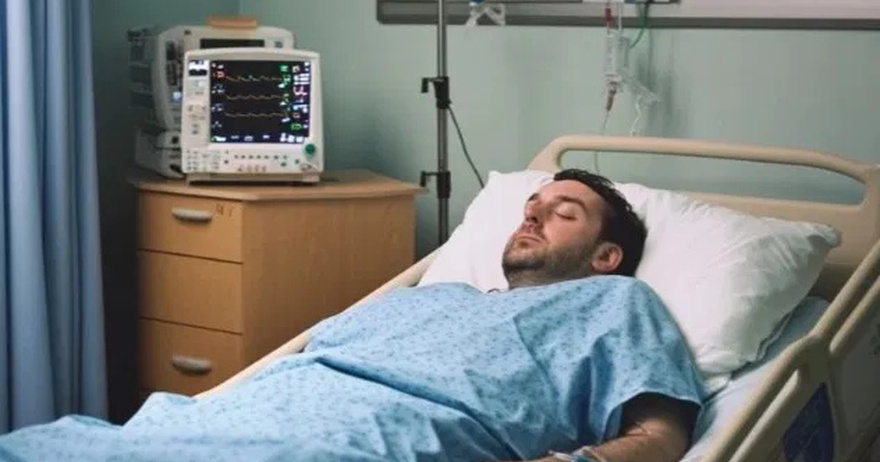Marly Garnreiter plugged her mysterious symptoms into ChatGPT but “ignored” the results — until doctors came to the same conclusion a year later
She put her symptoms into ChatGPT, which said she had blood cancer — but her friends were “skeptical” and told her to “consult real doctors”
A pain in her chest prompted another visit to the doctor, where she was diagnosed with Hodgkin lymphoma, a type of blood cancer
A woman put her symptoms into the artificial intelligence program ChatGPT but says she “ignored” the chatbot’s cancer diagnosis — until a year later when she was given the same news from doctors.
Marly Garnreiter, 27, was struggling with night sweats and itchy skin, but initially chalked her symptoms up to lingering anxiety and grief after her father, Victor, died at age 58 from colon cancer in January 2024.

When she saw her doctor, all her tests came back normal. So Garnreiter decided, on a lark, to put her symptoms into the AI chatbot, ChatGPT. “It said I had blood cancer,” Garnreiter, who hails from Paris, said, according to The Daily Mail. “My friends were skeptical when I told them, and said I should only consult real doctors.”
Months later, Garnreiter returned to the doctor when she started to feel “something was wrong,” she explained. “I had a pain in my chest and I was tired all the time,” she said.

Scans showed a “big mass” on her left lung, and tests showed she had Hodgkin lymphoma. As the Cleveland Clinic explains, it’s a type of blood cancer that starts in the white blood cells.
Chat GPT — which had diagnosed it a year earlier — was right.
Garnreiter said she “felt like everything was unfair. I didn’t want my family to go through this one more time,” she said, as she was now set to undergo chemotherapy in March — about a year after her father died from cancer.
Hodgkin lymphoma — which is rarer than non-Hodgkin Lymphoma — is treatable, according to the Cleveland Clinic, with the lowest rate of survival being 81% after five years. Symptoms include itchy skin and night sweats, as well as abdominal pain, fever, and fatigue. Garnreiter said she’s “confident for the future,” and wants to warn others to advocate for themselves.
“It’s really important to listen to our bodies,” she said. “Sometimes we tend to lose our connection with our inner self.”





























